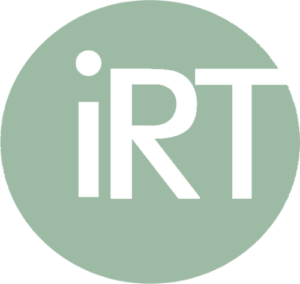Prevention through Alternative Learning Styles (PALS) is a school-based prevention program for middle school students. Teachers or PALS staff members lead students through five units, presented in ten lessons, which cover the following topics: learning styles and differences, effects of alcohol, tobacco, and drugs on the brain and body, peer pressure, and healthy choices. A supplemental website provides additional lessons and a peer mentoring program with interaction games and presentations. The overall goals are (1) reducing intentions to use substances, (2) increasing students’ use of refusal skills, and (3) enhancing students’ knowledge of the effects of ATOD, peer pressure and healthy decision-making, and different learning styles.
Creating Lasting Family Connections
Creating Lasting Family Connections (CLFC) is a substance use prevention program that can be used in school or community settings. It is designed for youth ages 9 to 17 and their families, who complete six modules of curriculum over 18-20 weekly sessions. Trainers cover topics such as ATOD education/awareness, communication and conflict resolution skills, coping mechanisms to resist negative social influences, encouraging use of community services, and delaying the onset and reducing the frequency of alcohol and other drug use among youth. Participants may be referred to community services as appropriate. The overall goal is to increase family use of community services, change knowledge and beliefs about alcohol and drug use, and promote abstinence.
Family Support Network
Family Support Network (FSN) is an outpatient, multi-provider, substance abuse treatment program targeting youth ages 10-18 years. FSN includes 12 sessions of cognitive behavioral therapy for the adolescent, six family education meetings addressing recovery and family management issues, four home visits to reinforce the family’s commitment to treatment for the adolescent, and case management to address barriers to treatment. The overall goal is abstinence from substance use.
Brief Marijuana Dependence Counseling
Brief Marijuana Dependence Counseling (BMDC) is a therapeutic treatment approach designed for adults with a diagnosis of cannabis dependence. BMDC is implemented by social workers, counselors, or psychologists as a 9-session multicomponent therapy that includes elements of motivational enhancement therapy (MET), cognitive behavioral therapy (CBT), and case management. The overall goal is abstinence from marijuana.
Cocaine-Specific Coping Skills Training
Cocaine-Specific Coping Skills Training (CST) is a therapeutic treatment approach designed for adult cocaine users. Participants work with a trained psychologist individually or in a group, learning skills and behaviors to reduce and avoid drug use. CST is delivered in up to eight 45-minute sessions three to five times a week. The overall goal is abstinence from cocaine and alcohol.
Chestnut Health Systems – Bloomington Adolescent Outpatient and Intensive Outpatient Treatment Model
Chestnut Health Systems- Bloomington Adolescent Outpatient and Intensive Outpatient Treatment Model is a therapeutic intervention designed for youth ages 12 to 18 who meet the American Society of Addiction Medicine’s criteria for Level I or Level II treatment placement. Treatment includes a 14-week skill-building group, weekly group counseling sessions, and an individualized treatment plan. The overall goal is behavioral and emotional change that leads to abstinence from alcohol and drugs.
